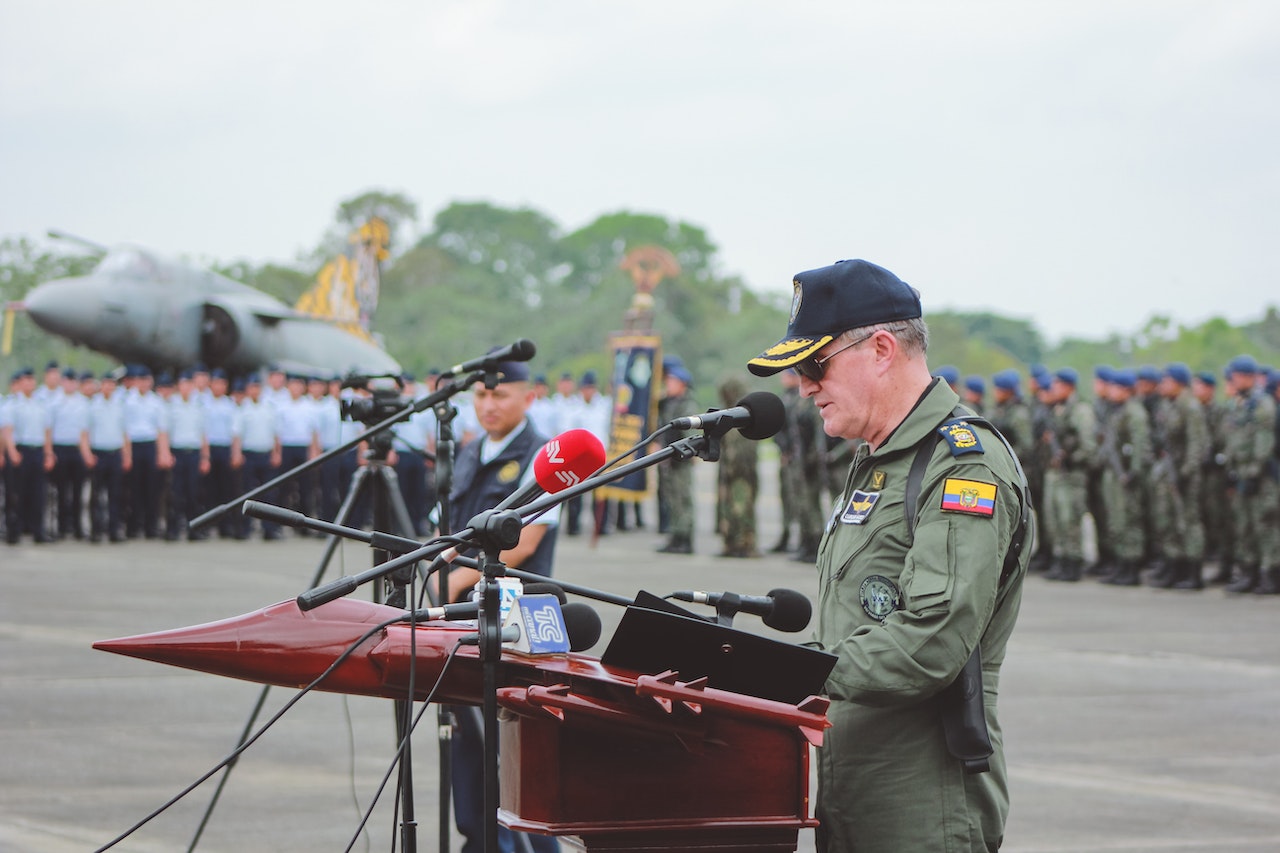Don’t let confidential information slip out!
As a spokesperson, the last thing you want to do is drop confidential information in a public forum, especially if you happen to be speaking on behalf of the U.S. military regarding something like, ohhh…international spying practices. When the commander of United States Special Operations in South Korea, Brigadier General Neil H. Tolley, had a tongue slip of epic proportions while being interviewed at a defense conference, it set off a serious crisis. Here’s what went down, from a NY Times article by Choe Sang-Hun:
Last week, The Diplomat, a Japan-based foreign affairs magazine, quoted General Tolley as telling a defense industry conference in Tampa, Fla., on May 22 that American and South Korean soldiers had been dropped behind North Korean lines to spy on the country’s vast network of underground military facilities.
“The entire tunnel infrastructure is hidden from our satellites,” he was quoted as saying. “So we send [Republic of Korea] soldiers and U.S. soldiers to the North to do special reconnaissance.” The United States Defense Department and the American military in South Korea denied the report. In a statement, they said it had “taken great liberal license with his comments and taken him completely out of context.”
While the knee-jerk reaction of the military was to deny the entire report, more statements were yet to come:
“Quotes have been made up and attributed to him,” their statement said. In a later “clarification statement,” however, General Tolley said, “After further review of the reporting, I feel I was accurately quoted.”
“I should have been clearer,” he said, adding that he had been trying to “provide some context for potential technical solutions.”
Despite the attempted explanation, you can bet that North Korean forces were on high alert for any possible activity near their borders, and the already-substantial tensions between the involved countries were dangerously elevated. In addition, the move probably sunk Tolley’s career. He was replaced just days after the incident, reportedly as “a normal part of the general officer assignment process.”
Editor’s Supplement from Jonathan Bernstein: “Back in the day” when I was in US Army Military Intelligence (yeah, oxymoron, get over it), I was trained in how to infiltrate/exfiltrate enemy lines and to train others (i.e. spies) to do it for me as their case officer (the Army name for the position is Area Intelligence Specialist). I was painfully aware of gaffes like this (and worse) that got some very fine men and women killed. General Tolley deserves more severe sanctions than a reassignment, in my opinion.
——————————-
For more resources, see the Free Management Library topic: Crisis Management
——————————-
[Jonathan Bernstein is president of Bernstein Crisis Management, Inc., an international crisis management consultancy, author of Manager’s Guide to Crisis Management and Keeping the Wolves at Bay – Media Training, and co-host of The Crisis Show. Erik Bernstein is Social Media Manager for the firm, and also editor of its newsletter, Crisis Manager]
 Sections of this topic
Sections of this topic















